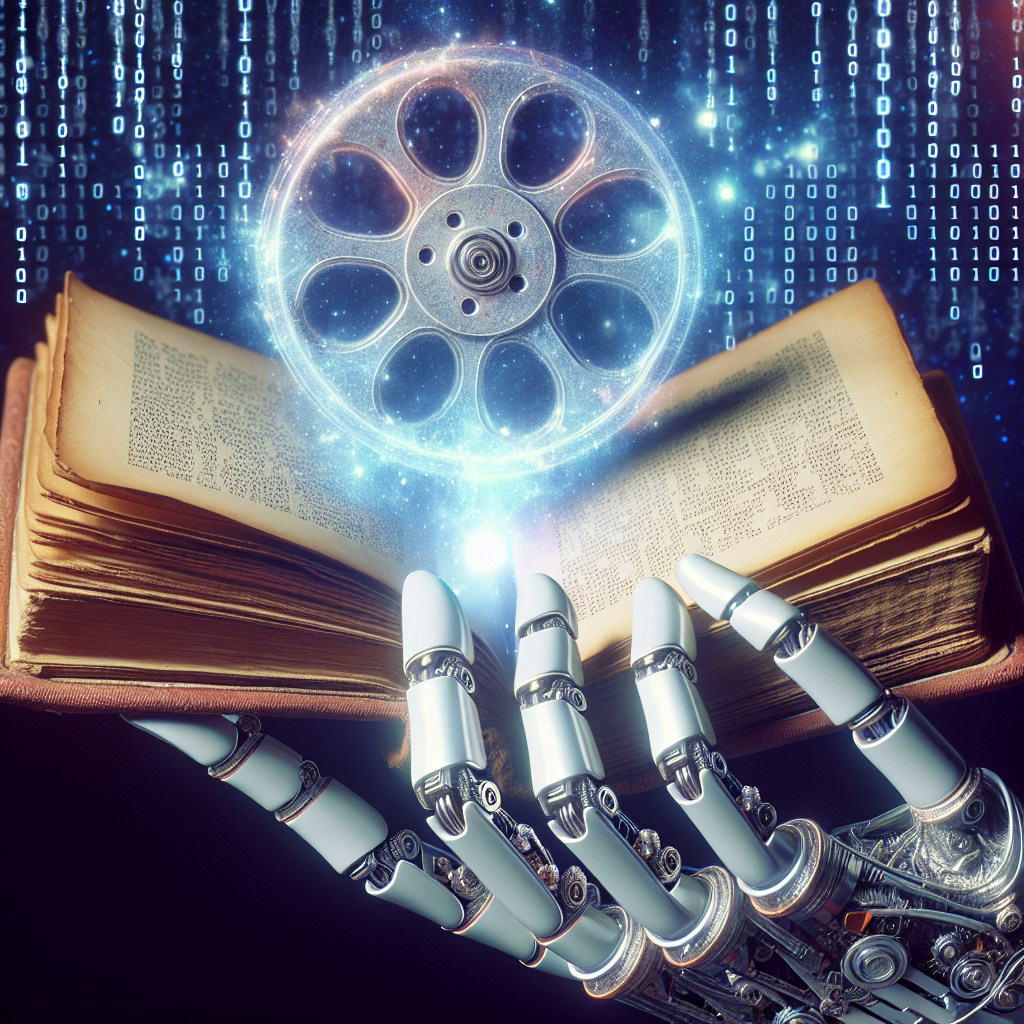In an era where digital media reigns supreme, storytelling is undergoing a significant transformation. At the heart of this evolution is Artificial Intelligence (AI), particularly with the rise of AI-generated videos. As technology progresses, the role of AI in storytelling is not just thrilling; it fundamentally alters how stories are conceived, crafted, and experienced.
The Emergence of AI in Video Production
AI technology has already made noteworthy strides across various creative domains. From composing music to creating artwork, its applications are numerous and diverse. However, its influence in video production signifies a particularly transformative change. In recent years, platforms like DeepBrain, Runway, and Synthesia have harnessed AI to produce videos from text, images, or even simple sketches. These tools empower creators, regardless of their technical skills, to craft engaging visual narratives with minimal investment.
Democratizing the Creative Process
A significant impact of AI-generated videos is the democratization of content creation. Traditionally, video production demanded considerable resources, including cameras, editing software, skilled professionals, and often a hefty budget. AI-driven tools mitigate these barriers, allowing anyone to visually share their stories. This shift can lead to a surge of diverse narratives, as underrepresented voices discover platforms for expression.
Enhanced Personalization and Engagement
AI’s capability to analyze vast data sets enables the customization of narratives for specific audiences. For example, AI algorithms can detect viewer preferences, engagement trends, and demographics to propose personalized storylines or adapt existing content. Such customization fosters a more engaging experience, allowing creators to connect profoundly with their viewers.
Moreover, AI-generated videos can offer interactivity. Picture a story where the viewer can decide the character’s journey or outcome, akin to immersive gaming experiences. This fusion of narrative and interactivity unfolds endless opportunities to captivate audiences in innovative ways.
Ethical Implications and Challenges
Despite the vast potential, AI-generated videos bring forth challenges. A primary concern is the ethical ramifications related to content creation. With AI capable of producing hyper-realistic videos, distinguishing fact from fiction is increasingly difficult. This situation raises issues around misinformation, consent, and the risk of maliciously used deepfakes.
Furthermore, copyright complexities emerge when AI creates content based on existing works. Determining the ownership of AI-generated outputs presents a legal quandary that necessitates careful examination and potentially new regulations.
The Importance of Human Creativity
While AI can autonomously generate videos, the human touch remains essential in storytelling. Emotion, nuance, and cultural context are crucial aspects of a captivating narrative that AI often finds challenging to replicate. Thus, the future of storytelling is likely to evolve into a collaboration between human creators and AI technologies. Together, they can craft intricate and layered stories that resonate with audiences on multiple emotional and intellectual levels.
Collaboration Between AI and Creators
The ideal future of storytelling may involve AI acting as a co-creator rather than a sole producer. Writers could leverage AI for brainstorming, generating initial drafts, or visualizing scenes, while human creators refine and inject their unique insights into the narrative. This collaborative model could inspire innovation, empowering creators to push the limits of traditional storytelling.
Conclusion: A New Era in Storytelling
As we gaze into the future, AI-generated videos signify a groundbreaking frontier in storytelling. The opportunities for democratization, personalization, and interactivity open up new paths for narrative exploration. However, these advances also require vigilance in addressing ethical concerns while preserving the essence of human creativity.
In this continually evolving landscape, embracing the capabilities of AI while safeguarding our artistic integrity is vital. Together, we can navigate this exciting new chapter in storytelling, where technology and creativity converge to create a richer, more inclusive narrative environment for everyone.

